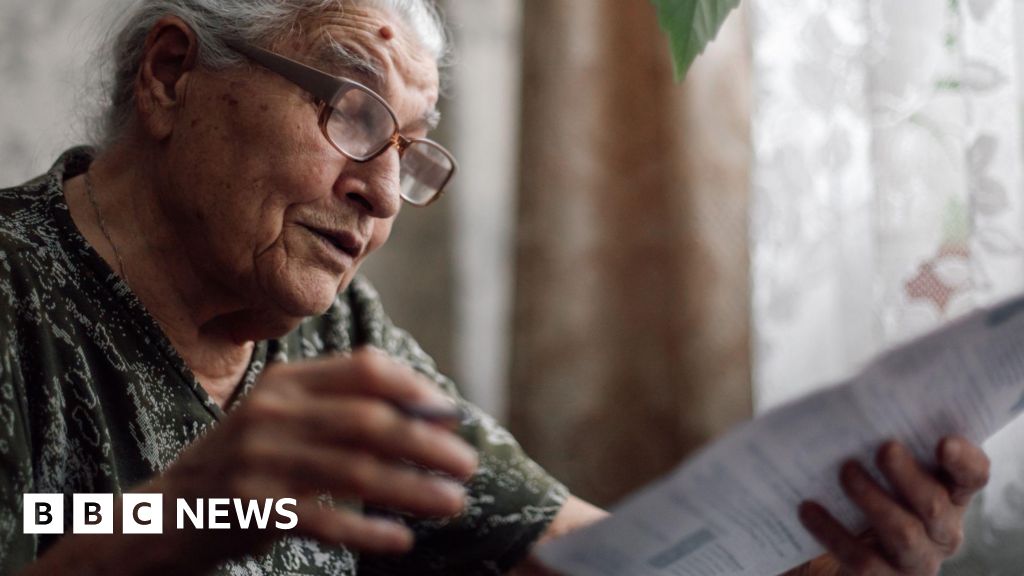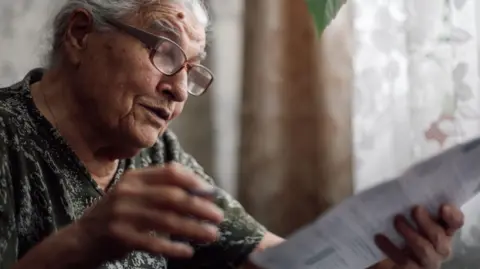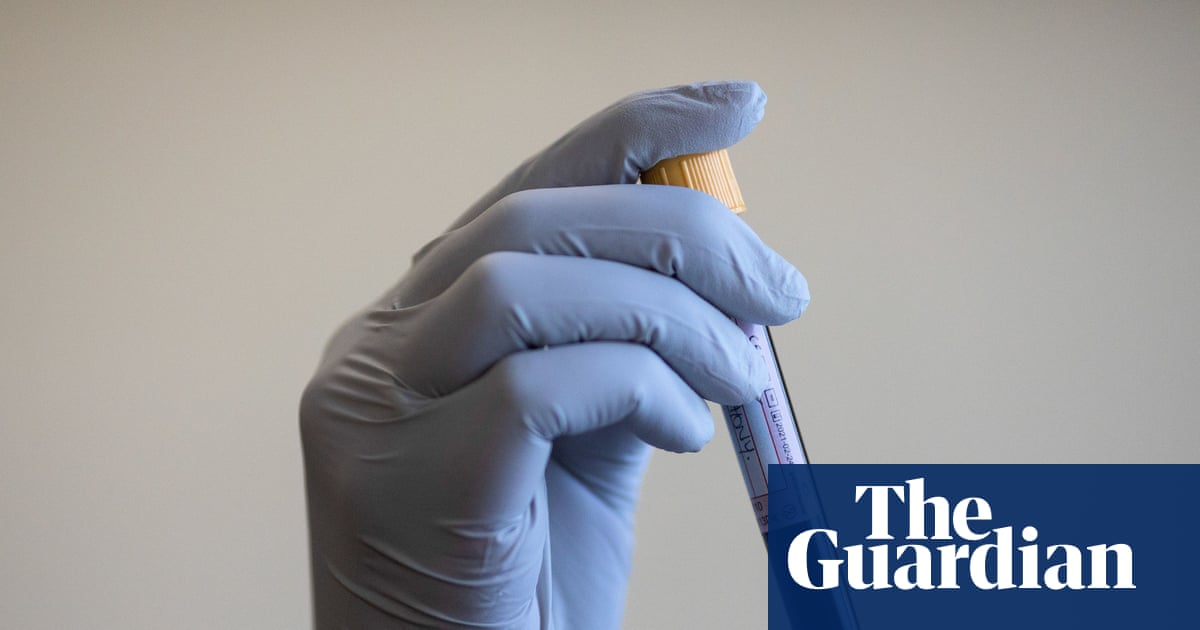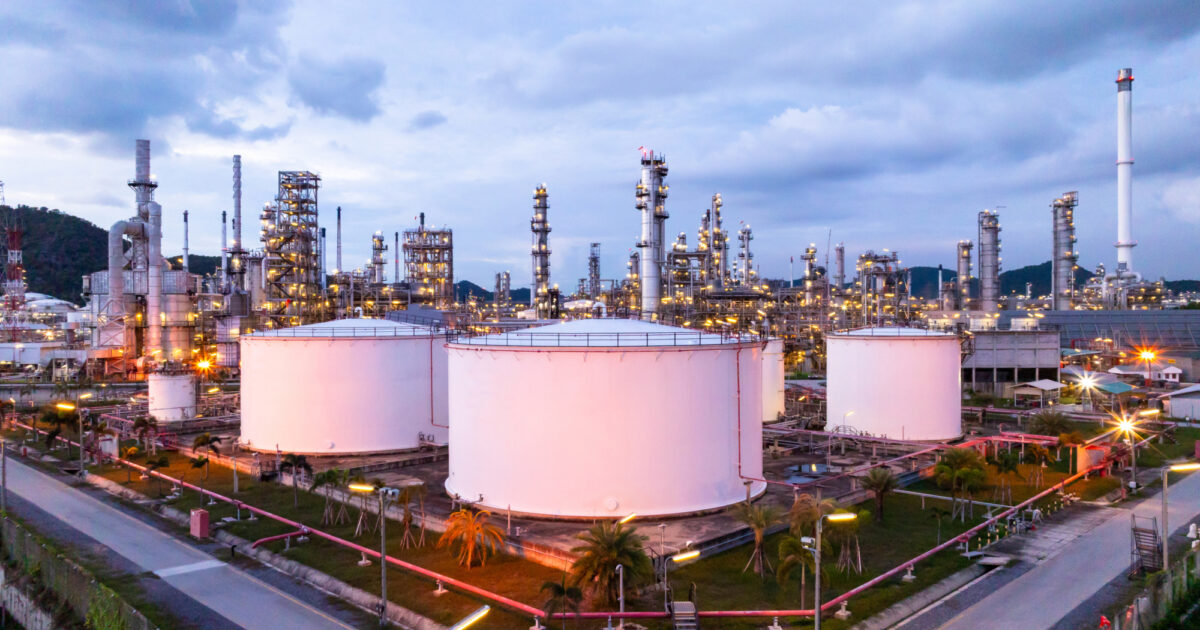Nature Experiments suggests H9N2 has adapted to human cells but cases of person-to-person transmission haven’t been reported yet. A bird flu virus that has often been ignored because it mostly causes minor disease in birds has the potential to…
Blog
-

Thousands on benefits could have energy debt cancelled by Ofgem
Kevin PeacheyCost of living correspondent
 Getty Images
Getty ImagesNearly 200,000 people on benefits could have their debts to their energy supplier cancelled, if they make some effort to pay what is owed.
Unpaid bills and fees have soared in recent years with energy prices so high, leaving a record £4.4bn owed to suppliers.
Up to £500m could be knocked off the total under plans that regulator Ofgem wants to take effect early next year.
But that will also require the cost to be covered through an extra £5 added to everyone’s gas and electricity bill. Households on a price cap tariff already typically pay £52 a year to deal with historic debt as part of the £1,755 annual bill.
Under the plans:
- Anyone on means-tested benefits, who built up energy debt of more than £100 between April 2022 and March 2024, will be eligible for help to write it off. Suppliers would identify these customers
- They would need to make some contribution to paying off the debt or covering the cost of their ongoing energy use
- If they are unable to pay, they would need to accept help from a debt charity to help manage their finances
Energy debt and arrears in England, Wales and Scotland rose by £750m in a year to £4.4bn, the latest Ofgem data shows.
The figures, which cover the period from April to June, show that a record high of more than one million households have no arrangement to repay their debt.
The regulator has been working on various projects to bring down the debt, starting early next year following consultation.
However, by recovering or cancelling up to £500m, the first phase may only reduce the rate of increase in customer debt, rather than reverse it.
On Wednesday, a committee of MPs said this debt should be cleared using energy network companies “excess” profits.
In a report, the Energy Security and Net Zero (ESNZ) Committee called it “completely inexcusable” that households were forced to choose between eating and heating while companies behind Britain’s gas pipes and power lines amassed huge profits. It said these profits should fund a debt relief scheme.
Those windfall profits were partly the result of high inflation, but Ofgem said that renegotiating price controls would bring extra costs to consumers that would outweigh the benefits.
Charlotte Friel, from Ofgem, said the growing amount of energy debt was a “significant challenge” for those in debt as well as for households that face higher bills to cover debt that can’t be recovered. She said it also meant the industry was less able to invest because of the costs of debt.
Ned Hammond, from Energy UK, which represents suppliers, said the scheme was an “important first step” but would need to be expanded to meaningfully address the debt problem and reach a wider group of customers.
Charities said the move was long overdue, as families were still facing high energy bills, although some campaigners believe the industry should pay.
Move in, sign up
Among the other schemes to tackle debt being considered by Ofgem is a requirement on new tenants and homeowners to ensure they are paying for their gas and electricity supply.
It said that when someone moves into a new home, energy accounts were switched to the “occupier”. Bills built up under these anonymous accounts until the individual contacted a supplier to register.
Suppliers estimate this accounted for £1.1bn to £1.7bn of the historic debt in the system, which was in danger of never being paid.
Ofgem wants a system similar to that used in other countries, where customers must sign up.
In practical terms, to avoid customers being cut off entirely, smart meters in these properties would be switched to prepayment mode and have some available credit. This would leave residents eventually having to top-up or sign up to the supplier.
The regulator’s plans would only cover properties where a smart meter had been fitted.
Ofgem said such schemes could eventually help bring down debt, protect vulnerable people and ease the cost burden on other billpayers.
Continue Reading
-

Experts consider ‘targeted’ prostate cancer screening to reduce UK deaths | Health
Prostate cancer screening can reduce deaths by 13%, a study suggests.
Cancer screening experts are assessing whether the UK should introduce a screening programme for prostate cancer, with a decision expected before the end of the year.
The new…
Continue Reading
-

Teenage boys using ‘personalised’ AI for therapy and romance, survey finds | Artificial intelligence (AI)
The “hyper-personalised” nature of AI bots is drawing in teenage boys who now use them for therapy, companionship and relationships, according to research.
A survey of boys in secondary schools by Male Allies UK found that just over a third…
Continue Reading
-

Samsung Powers Pearson’s Revibe Smartwatch-based Solution to Help Children and Adults with Focus and Attention Challenges – Samsung Mobile Press
Englewood Cliffs, N.J., – October 29, 2025 – Children and adults face challenges with focus and attention. This not only makes learning difficult but can seriously impact a person’s ability…
Continue Reading
-

NEC and e& Sign MoU to Drive Joint Sustainability Initiatives: Press Releases
Tokyo, October 30, 2025 – NEC Corporation (NEC; TSE: 6701), a leading global IT and network transformation services provider, and e&, a global technology group, have announced a strategic partnership. The two organizations have signed a Memorandum of Understanding (MoU) establishing a framework for joint sustainability initiatives focused on reducing environmental impact, advancing social inclusion, and creating long-term economic value.
The MoU was signed by NEC’s GCC branch and e&, aligning the two companies on collaborative programs that advance responsible growth and underpin transparent sustainability governance.
Operating in 38 countries across the Middle East, Asia, Africa, and Europe, e& is focused on driving sustainable growth, digital empowerment, and innovation. With a strong commitment to Environmental, Social, and Governance (ESG) principles, e& continuously seeks partnerships that amplify its positive environmental and social impact.
NEC, sharing this vision, integrates sustainability into its operations and global supply chain, prioritizing environmental harmony and responsible growth. This shared commitment forms the foundation of their new strategic collaboration.
Under the MoU, the two companies will explore joint initiatives to reduce their environmental footprint, develop low-carbon and energy-efficient solutions, and promote circular economy practices. The collaboration also covers areas such as renewable integration, resource optimization, and transparent sustainability governance—all designed to accelerate the transition toward a more sustainable digital future. This MoU with NEC is an initiative that stems from Project Life which is a transformative initiative launched by e& Group Procurement to drive its Responsible Sourcing Strategy and align with the e& group-wide sustainability vision of 2030, further reinforcing e&’s commitment to sustainable and responsible sourcing.
“I firmly believe that strong partner relationships are the cornerstone of our success. These partnerships are not only instrumental in driving innovation, efficiency, and mutual growth but also play a pivotal role in fostering sustainable practices that benefit our communities and the environment. Together, we are committed to building a future where collaboration, trust, and sustainability converge to create shared achievements and long-term value for all stakeholders.”
Saeed Al Zarooni – Group Chief Procurement Officer of e& Group
“Through this MoU with NEC, we’re aligning delivery with our Climate Transition Plan, ‘Ambition to Action’, which outlines our pathway to net zero. This partnership reflects our shared ambition to accelerate sustainable innovation and deliver meaningful impact. As long-term trusted partners, we are confident that our collaboration with NEC will create lasting value, support environmental goals, and drive inclusive digital transformation for the benefit of our communities and the planet. By combining technology with clear accountability, we aim to help industries transition to a greener, more inclusive digital future.”
– Andrew Dunnett, Group Senior Vice President of Sustainability, e&
“We are proud to collaborate with e& through this MoU to support both business growth and sustainability ambitions. NEC is committed to delivering innovative, energy-efficient solutions that help drive environmental progress and operational excellence through technology and shared values.”
– Masayuki Kayahara, Corporate SVP, Global Network Division, NEC Corporation
Together, NEC and e& aim to set a benchmark for sustainable innovation, fostering a legacy of environmental stewardship and positive societal impact.
Continue Reading
-

sweets and processed meats raise odds, fruit lowers them
An Italian study shows that everyday dietary patterns, not just genetics or toxins, may influence Parkinson’s disease risk, highlighting the protective power of fruit and the potential harm of sweets and processed meats.
Study:
Continue Reading
-

Russell Crowe MMA Movie ‘Beast in Me’ Sells To Grindstone
EXCLUSIVE: Grindstone Entertainment Group has taken domestic distribution rights to the mixed martial arts action drama Beast in Me starring Oscar winner Russell Crowe, Daniel MacPherson, and Luke Hemsworth.
Crowe co-wrote the…
Continue Reading
-
De Minaur denies Diallo's upset bid in Paris, keeping Turin chances on track – ATP Tour
- De Minaur denies Diallo’s upset bid in Paris, keeping Turin chances on track ATP Tour
- Gabriel Diallo vs Alex de Minaur at the Paris Masters: pace vs power in a high-stakes second round El-Balad.com
- Tennis, ATP – Paris Masters 2025: Diallo downs…
Continue Reading
-

Tax fossil fuel profits to reduce exposure to energy price…
Fossil fuel companies made over €180bn in profits in the EU in the two years following Russia’s invasion of Ukraine, analysis on behalf of T&E shows [1]. T&E calls for excess profits to be taxed and for that money to be used to reduce low-income households’ exposure to fuel and energy price fluctuations.
During periods of international tension or shocks, the price of fossil fuels rises rapidly, despite relatively stable production costs. As a consequence, the profits of oil and gas companies can rise significantly. The analysis reveals that EU oil and gas companies generated over €104 billion in profits in 2022, a 45% increase from the previous year. They then fell by 21% in 2023, but remained significant at over €82 billion.
In response to higher global energy prices, governments sought to mitigate the impact on residential and industrial consumers through various measures, including tax reductions and exemptions for consumers. While this did soften prices for consumers, it also kept demand for oil and gas high, which then filled the pockets of fossil fuel companies.
The EU faces a clear policy choice: either phase out fossil fuel subsidies or impose sustained taxes on excessive profit, says T&E. The current approach of maintaining in excess of €100 billion in annual fossil fuel subsidies, while allowing the temporary windfall tax to expire, leaves consumers bearing the double burden of subsidy costs and inflated energy prices.
Antony Froggatt, senior director at T&E, said: “Oil and gas companies have made fat profits in recent years due to circumstances completely out of their hands. Government measures that keep fossil fuel demand high, like fuel duty cuts in times of high prices, simply end up shifting wealth from the public purse to private oil and gas companies. This isn’t fair. The EU must tax oil companies’ excess profits for a fairer deal for European citizens, or end subsidies that are hurting taxpayers.”
In 2005, the EU Emissions Trading System (ETS) introduced a market price for CO2 emissions from the power sector, parts of the transport sector and the industrial sector. This has driven innovation and behavioural change, reducing greenhouse gas emissions and raising over €230 billion. In 2024 alone, nearly €39 billion was raised.
From 2027, the EU will also price emissions from buildings and road transport, more directly impacting householders with gas, coal, or oil heating and the drivers of petrol and diesel cars. Oil, gas and energy companies are expected to pass these costs on to consumers. T&E has estimated that the ETS2 could raise nearly €50 billion a year [2]. T&E calls for these funds to be used to make green alternatives like social leasing schemes and public transport more accessible and affordable, while a significant chunk should also be returned to citizens in the form of a climate dividend. Taxing excess profits would also give the governments more money to help people with the transition, says T&E.
“Governments should tax fossil fuel projects and use that to help citizens switch to greener alternatives. It’s likely oil, gas and energy companies will simply pass on the costs of the ETS2 to consumers. Taxing excess profits would ensure that money comes back to citizens to fund things like €150 a month EV schemes and better public transport,” concludes Antony Froggatt.
Note to editors:
[1] An independent study of net profits in the fossil fuel value chain was commissioned by T&E, carried out by PwC Belgium. Net profits in the EU were extrapolated by the consultant PWC from a sample of 114 fossil fuel companies. Estimates were primarily derived from publicly available company financial statements, corporate websites, and intelligence sources such as Factiva and Forbes, or, where necessary, estimated using a combination of traded volumes and market prices. Due to variations in company reporting practices, activity segmentation, and data availability, these figures provide an approximation rather than a precise measurement of profits. As the methodology relies on assumptions and extrapolation, the aggregated results should be considered as an indicative as opposed to precise assessment of the total profits generated across EU fossil fuel value chains.
[2] On average between 2027 and 2032, assuming an average carbon price of €55/tCO2
Continue Reading
